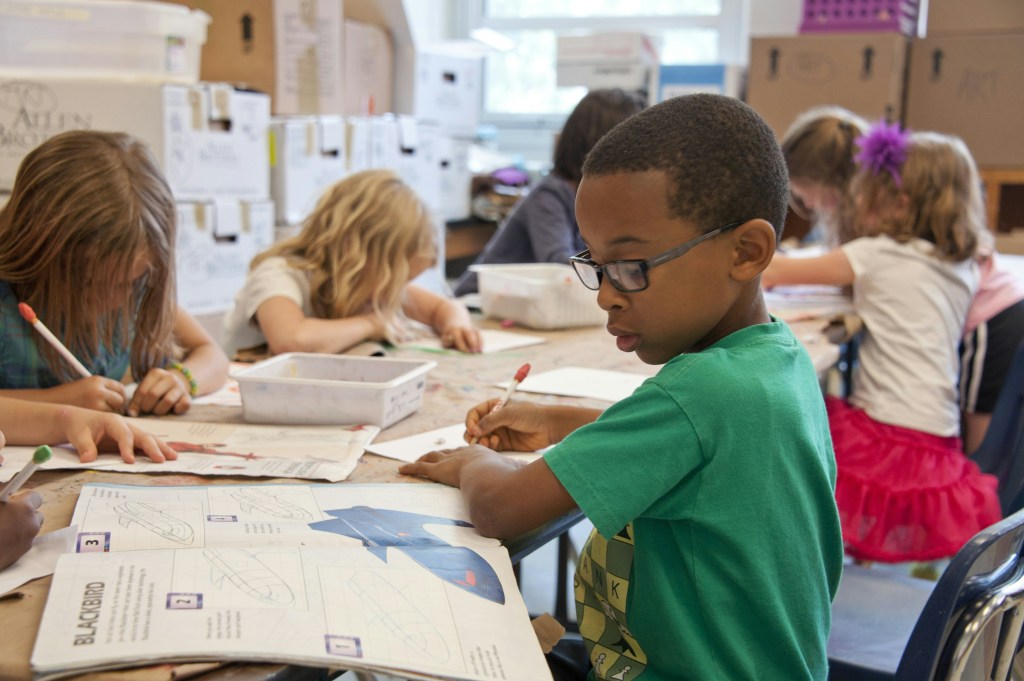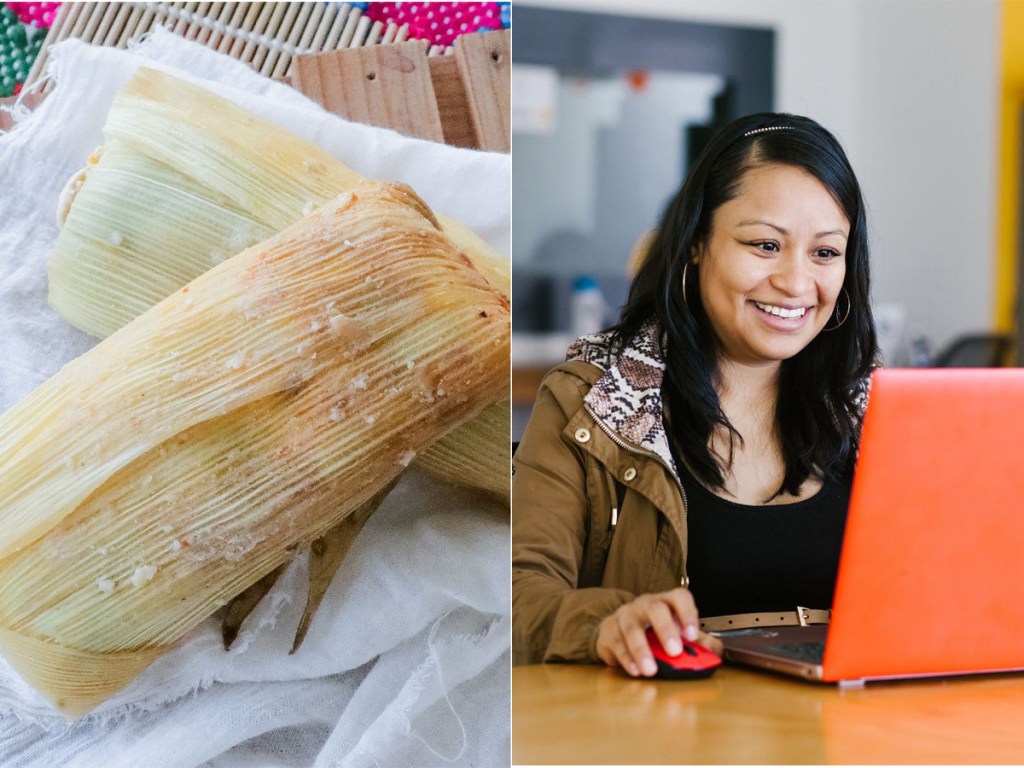Educator Keldric Holmes has been chronicling his life as a second grade teacher on TikTok. In a recent video, which has gone viral with over 21M views, he spills the kinds of things his students share on a regular basis, which run the gamut from the personal to the ridiculous. “Let me tell y’all something,” Holmes says. “I just want you to know, y’all kids come to school and tell all your business!”
This includes everything from “You can’t call my mama because her phone is off” to “Why are you a teacher? My granny said that y’all don’t make no money” to “I don’t have a snack today because my mom doesn’t have her food stamps yet.” Other children asked if his hair was sewn in, told him “this pencil smells like booty meat,” and asked the 24-year-old Holmes, “Were you alive when they buried Jesus?” The nonplussed Holmes raises an eyebrow or several, and takes it all in stride. As he well knows, it’s part of the job.
An oversharing or unfiltered elementary school-aged child actually isn’t an uncommon situation. You’ll remember shows like Kids Say the Darndest Things, or even more recent social media phenomena like Recess Therapy, where kids just aren’t afraid to say what’s what. For educators and for parents, it can be a teachable moment. “Kids may throw us off guard with no-filter comments,” Parents Magazine shares, “but we should always lean into that curiosity and use it as an opportunity for growth.”
Kids are also huge observational learners, according to Michigan State University. “Children learn and imitate behaviors by watching and listening to others,” the university shares, so it’s best to set a good example. “Whether or not they demonstrate a new behavior, they are picking up new knowledge. Children are learning about the behavioral choices of others and also about the consequences of those behaviors.” Their relationship to filters and boundaries can also live here, in other words.
Indeed, organizations like the Child Mind Institute and Everyday Speech have entire lessons dedicated to helping students of all ages understand what it means to overshare and set boundaries. For very young children, boundaries can be easy to set, the Child Mind Institute notes, but there become more intricacies to those as children get older. “Social interaction gets more complex, it’s not enough to just learn the rules,” the organization says. “They need to learn to set boundaries for themselves and respect those of others.”
This is, interestingly enough, something that can happen around the age of seven, which many children are in second grade, the grade Holmes teaches. This age is known as “the age of reason,” according to Scholastic. Psychotherapist Dr. Dana Dorfman told the children’s publishing house in an interview that this phrase “refers to the developmental cognitive, emotional, and moral stage in which children become more capable of rational thought, have internalized a conscience, and have better capacity to control impulses (than in previous stages).” It’s the age where children start to learn the expansiveness of feelings and “the difference between right and wrong.” An understanding of filters can live here, too.
Teachers like Holmes experience and enable children’s growth first hand, and all the unfiltered moments that come with it. It’s work of enduring care. “The kids are the real reason,” Holmes says in another video. “In order to be an educator, you truly have to love it, and there’s just no better feeling when the students actually love you back.”


















